Azerbaijan plans big increase in military spending - ANALYSIS
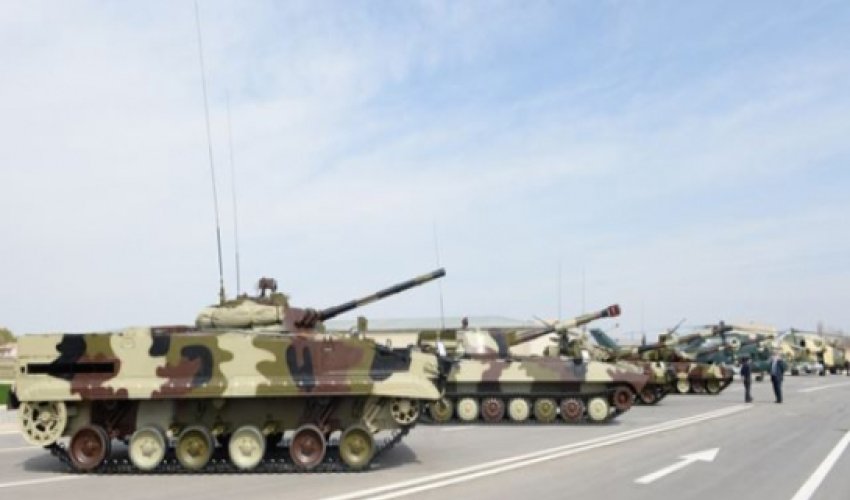
(Economist Intelligence Unit) -- Samir Sharifov, the minister of finance, announced to parliament on November 18 that Azerbaijan's military spending would increase to Manat3.8bn (US$4.8bn) in 2015, a rise of 27% compared with 2014.
As a result, military spending will account for just over 18% of total planned expenditure next year, compared with 15% in 2014.
By contrast, spending on education in 2014 accounted for Manat1.65bn (8.2% of total expenditure), and Manat725m has been allocated for healthcare (3.6% of the total). The US$1bn boost to defence means that public spending on other sectors is likely to remain flat in real terms, with negative implications for the country's growth prospects.
It also risks stoking the arms race between Azerbaijan and Armenia, meaning that Armenia may seek further support from Russia in order to balance the growing military strength of its neighbour.
A full breakdown of the government's spending plans for 2015 is not yet available. Total expenditure will rise to Manat21.1bn, an increase of Manat1.3bn, or 6.6%, compared with our 2014 expenditure estimate.
Setting aside the military budget, expenditure on all other areas will rise by Manat500m. This is equivalent to an increase of just 3% year on year, in line with inflation, but below the projected rate of growth of nominal GDP.
It is likely therefore that in 2015 government spending on all sectors outside the military will not grow in real terms for the second year in a row (we estimate expenditure growth in 2014 of 3.4%, against nominal GDP growth of 4.2%).
This has significant implications for the country's economic outlook. Government expenditure plays an unusually large role in driving domestic demand in Azerbaijan, as public spending is equivalent to two-thirds of Azerbaijan's non-oil GDP. In 2013 state investment, which is largely channelled into construction, amounted to just under Manat7bn, equivalent to over 50% of total investment in the economy in that year.
Following Mr Sharifov's announcement, we are likely to revise down our forecast for real government consumption and investment growth next year (state investment is recorded as capital investment rather than government expenditure in the GDP data) to reflect the fact that most of the additional public spending planned for next year will be directed to military procurement.
Increased military spending is unlikely to contribute to domestic demand or growth. The bulk of this increase is likely to go on procurement of new weaponry from abroad..
Risks to Nagorny Karabakh conflict
Leaving aside the economic impact, Azerbaijan's decision to further expand its military spending also has significant implications for the Nagorny Karabakh conflict with Armenia.
Azerbaijan's economic boom over the past ten years, fuelled by rising oil output and prices, has allowed the government to rapidly increase the size of its military spending.
As a result, the asymmetries in defence expenditure between Azerbaijan and Armenia have become increasingly stark. Azerbaijan's planned defence spending in 2014 is equivalent to just over 45% of Armenian GDP, and is 50% bigger than Armenia's total government budget.
Armenia's total military budget in 2013 was less than US$500m.
The effect of Azerbaijan's growing military strength has been to intensify Armenia's dependence on Russia for security guarantees and the supply of military equipment. Russian weapons supplies, mostly provided free of charge, enable Armenia to retain strategic parity with its neighbour.
In 2013, for example, Azerbaijan's purchase of a large consignment of arms from Russia,
valued by a Russian defence consultancy, CAST, at US$700m-1bn, prompted Armenia to conclude a new defence agreement with Russia.
It is also likely that Azerbaijan's arms deal was one of the factors that led to Serzh Sargsyan, the Armenian president, to abandon negotiations on an association agreement with the EU in favour of joining the Russian-led Eurasian Economic Union (EEU).
Azerbaijan's decision to increase its military budget will further intensify the regional arms race between the two South Caucasus states. Tensions between the two countries are currently very high following the downing by Azerbaijan of an Armenian military helicopter on November 12th near the line of contact between the two countries.
The incident was the first of its kind since a truce to end the Nagorny Karabakh war was concluded in 1994. Although ceasefire violations are a regular occurrence, they have until now taken the form of exchanges of small-arms fire. Despite Azerbaijan's bellicose rhetoric, we expect that the government will hold back from reigniting the conflict, which
would have a devastating impact for both sides.
However, as the disparity in military capability between the two sides continues to grow, there is a risk that the Azerbaijani authorities may come to see a military solution to the conflict as increasingly feasible and attractive.

























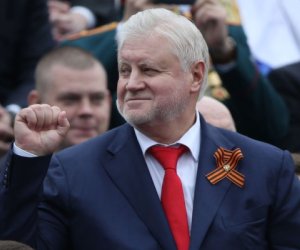
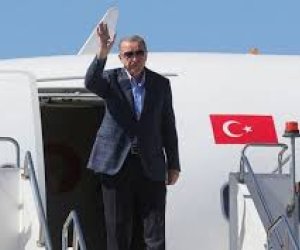
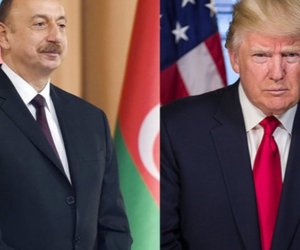
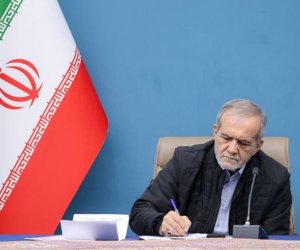

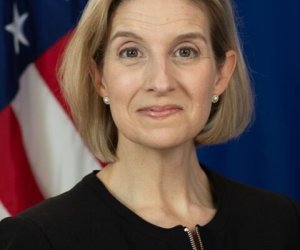
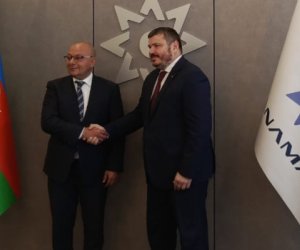




 Photo
Photo 



 Video
Video 

